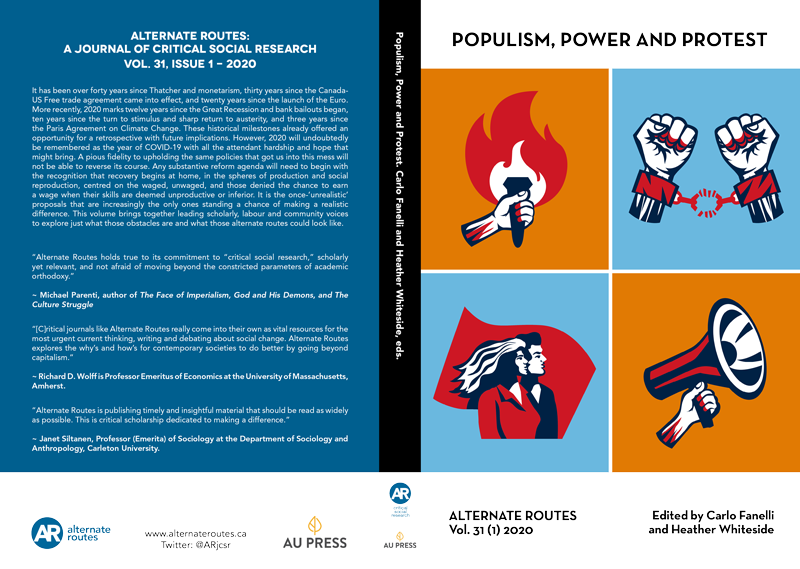Defending Public Services: Canadian and Colombian Workers on the Frontlines
Abstract
At the beginning of the new century, the international union movement became aware that Colombia was neoliberalism’s killing field, making it the most dangerous country in the world to be a unionist. Despite the killings, the courageous resistance of the labour and social movements galvanized the interest of the 4 largest public sector unions in Canada, Canadian Union of Postal Workers (CUPW), the Public Service Alliance of Canada (PSAC), the Canadian Union of Public Employees (CUPE) and the National Union of Public and General Employees (NUPGE). The mutual solidarity initiative that emerged helped Canadian workers understand the global nature of the attacks they are facing, the power of an organized workforce, and the role and potential of unions in society beyond collective bargaining. This initiative has become the most extensive and longest lasting initiative of its kind involving Canadian unions to date.
Downloads
Published
How to Cite
Issue
Section
License
Articles are published in Alternate Routes: A Journal of Critical Social Research under the Creative Commons "Attribution/Non-Commercial/No Derivative Works" Canada licence.
The copyright for the articles published in this journal is retained by the authors, with first publication rights granted to the journal. By virtue of their appearance in this open access journal, articles may be used, with proper attribution, in educational and other non-commercial, not-for-profit settings. The submission of a manuscript to Alternate Routes will be taken to mean that the author understands and agrees to the following:
- the manuscript represents original work not previously published;
- the manuscript is not being considered elsewhere for publication in the same language (publication elsewhere in an alternate language does not preclude acceptance of submission to Alternate Routes);
- appropriate written copyright permissions have been secured for republication of any copyrighted material contained in the manuscript;
- copyright for this article is retained by the author, with first publication rights granted to Alternate Routes;
- by virtue of its appearance in this open access journal, it is understood that the article is freely available for use, with proper attribution, for educational and other non-commercial purposes;
- reuse of the article for commercial purposes by anyone other than the author requires permission of the author;
- the author agrees to cite Alternate Routes as a source whenever h/she later republishes or reuses the article in other platforms.


